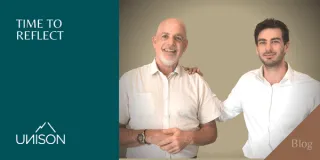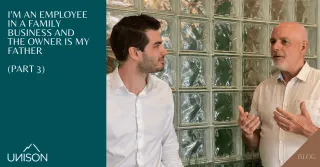404 Page
You’ve taken a wrong turn!
The page you're looking for is a bit out of reach, but you’re just one step away from discovering more.
50+
Clients Helped
15+
Industries Served
20+
Years Experienced
100+
Workshops Delivered
What we offer
Our Solutions
Helping businesses thrive with strategies that prioritize people and drive sustainable success.
Value Builder
We help owner stuck in the day to day of their business, by providing them a step-by-step roadmap to gain the freedom you deserve
Leadership
We help organizations develop leaders at every level, by offering customized leadership programs driving lasting value
Talent Management
We help leaders develop their team through structured systems so you can achieve peak team performance
Operational Performance
We help manufacturers and individuals eliminate waste by guiding the implementation of Lean practices to create lasting value
Latest Insights
Stay Informed with Our Expert Blog

Time to reflect
Reflecting on leadership, business growth, and succession—how humility and strategic focus shape a sustainable future. ...more
Blogs
June 13, 2022•2 min read

Working as an employee in a family business that your dad owns (Part 3)
Navigating succession in a family business requires strategic planning—follow this ongoing journey of ownership transition. ...more
Blogs
May 24, 2022•3 min read

Test or personality inventory. What’s the difference?
Discover how the MPO personality inventory stands out from other psychometric tools by focusing on motivation, adaptability, and precision. ...more
Blogs
February 16, 2022•2 min read
Phone: (506) 850-6537
Email: [email protected]
Business Hours: Monday to Friday, 8 am - 5 pm
Office: 105 Englehart Street, Suite 400 Dieppe, NB E1A 8K2
Subscribe to our newsletter!

